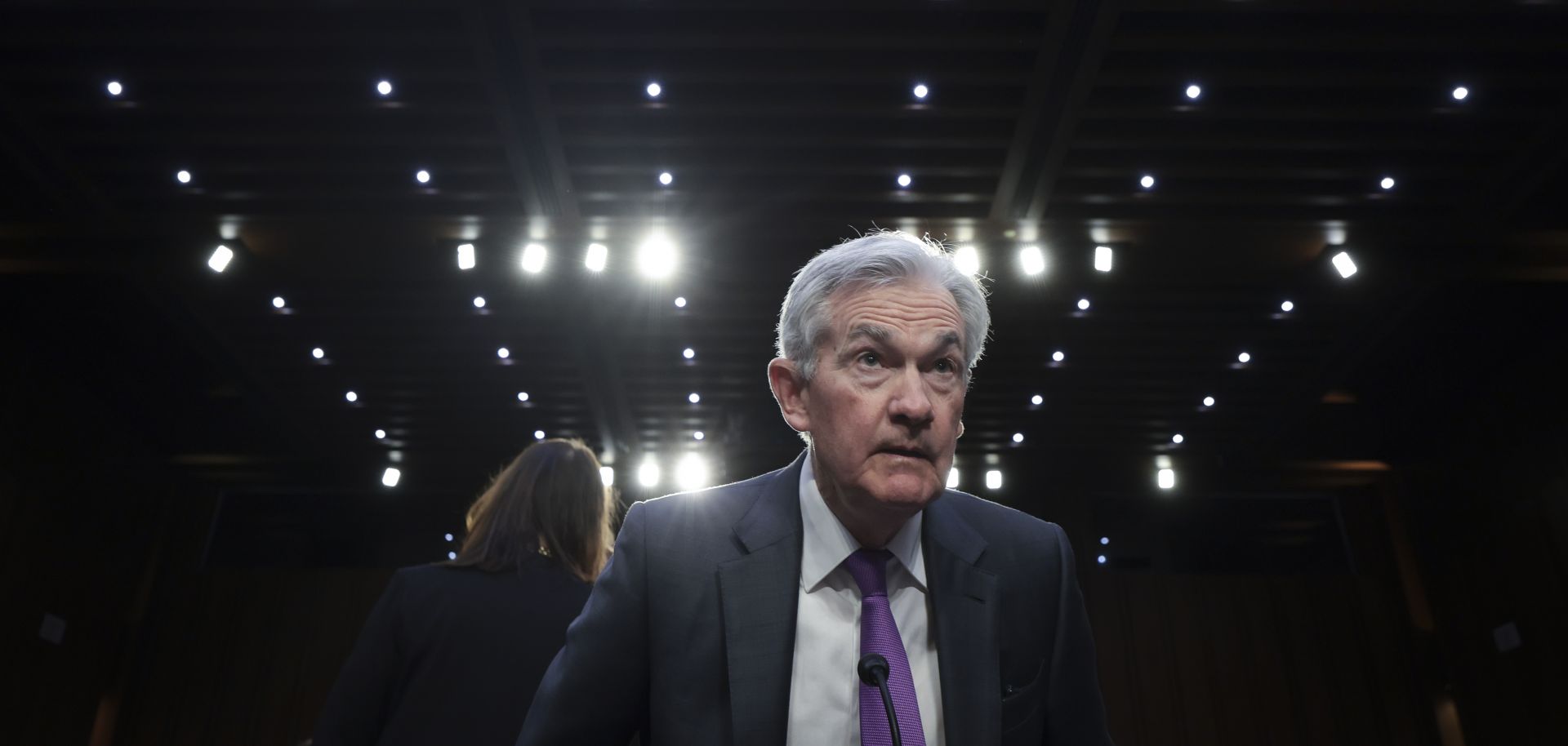Stubbornly high inflation in the United States and Europe will lead to a further tightening of global financial conditions and increased recession risks later this year and early next year. This will translate to a deterioration of the economic outlook for countries around the world (especially those in Latin America), as well as the financial outlook for highly-indebted countries (especially those in Africa), though Asian countries will be less impacted thanks to the spillover effects from China's economic rebound. High post-COVID and Ukraine-related inflation has forced the U.S. Federal Reserve and the European Central Bank (ECB) into substantial monetary tightening over the past year. Although headline inflation seems to have peaked, the Fed and the ECB's rate hikes have not yet had a strong enough impact on economic growth to further reduce inflation. The U.S. economy registered two quarters of negative growth in early 2022, but has rebounded during the...

